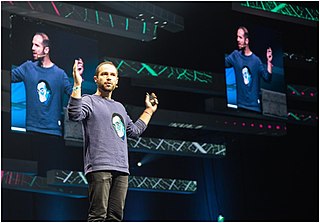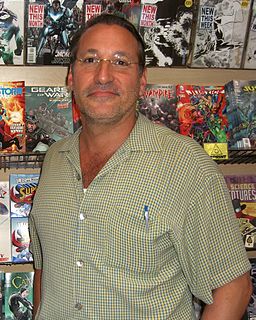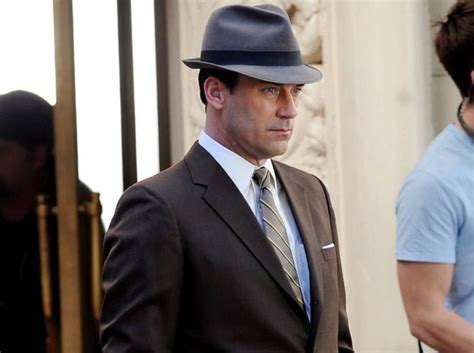A Quote by Aza Raskin
When you are solving a difficult problem re-ask the problem so that your solution helps you learn faster. Find a faster way to fail, recover, and try again. If the problem you are trying to solve involves creating a magnum opus, you are solving the wrong problem.
Related Quotes
Cities are never random. No matter how chaotic they might seem, everything about them grows out of a need to solve a problem. In fact, a city is nothing more than a solution to a problem, that in turn creates more problems that need more solutions, until towers rise, roads widen, bridges are built, and millions of people are caught up in a mad race to feed the problem-solving, problem-creating frenzy.
Solving the population problem is not going to solve the problems of racism, of sexism, of religious intolerance, of war, of gross economic inequality. But if you don't solve the population problem, you're not going to solve any of those problems. Whatever problem you're interested in, you're not going to solve it unless you also solve the population problem. Whatever your cause, it's a lost cause without population control.
I am at my happiest when I'm problem solving and a large part of writing is for me a lovely labor in problem solving. Every act of discovery in writing involves a process of figuring out why I'm not seeing what I need to see. Niggling feelings, discomforts, a sense that you've forgotten or overlooked something, a sudden curiosity about what if here? - these are priceless. They are the bases of problems and lead the way.
The solution to a problem - a story that you are unable to finish - is the problem. It isn't as if the problem is one thing and the solution something else. The problem, properly understood = the solution. Instead of trying to hide or efface what limits the story, capitalize on that very limitation. State it, rail against it.
We're primarily interested in solving the problem of 20 million black people. And if integration is going to solve the problem tomorrow, then let's integrate. But since the Supreme Court issued its desegregation decision seven years ago, and you only have about six or seven percent integration now, on an educational level, that means that the black man trying to use integration as a means of solving his problem will be another 100 years just getting integration on an educational level.
































